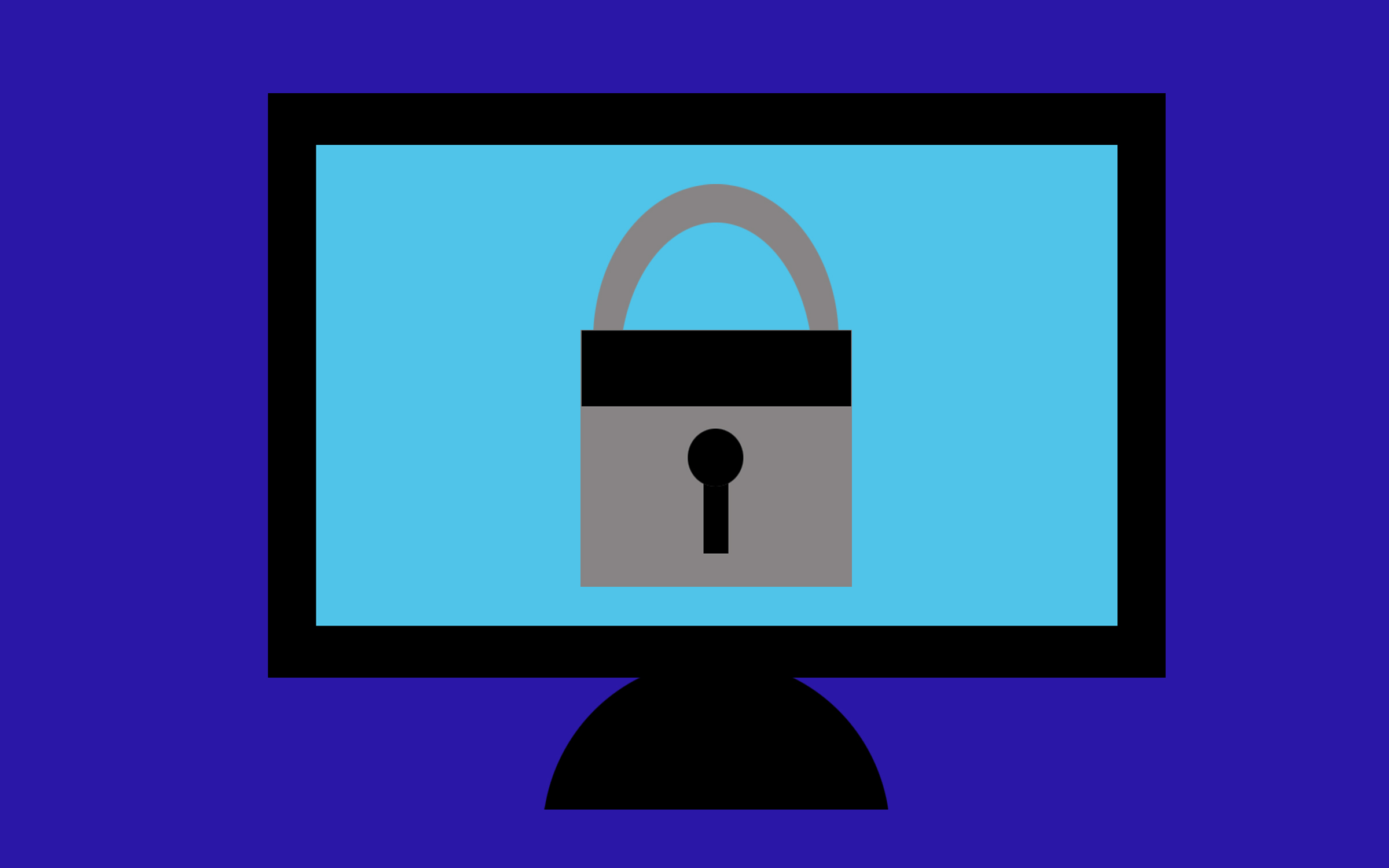Net Neutrality: preserving the Internet as we know it
 Over the past 20 years, the Internet remained open, free, and fair, allowing ideas to flourish whether or not these ideas originated from an administration office or a small college dorm room. The Internet became a place where neutrality and fairness thrived in a world plagued by inequality. A concept called net neutrality was at the core of this equality of opportunity. Net neutrality, a fundamental standard that preserves the freedom of speech online, opened up the Internet to all websites and applications without discriminating towards any one specific network or website. To protect this right, President Obama recently asked the Federal Communications Commission to adopt the strongest possible rules to protect net neutrality that include bans on blocking, throttling, and paid prioritization. As the Internet is one of the most notable equalizing tool that plays an essential role in everyday life, it is crucial that these rules are implemented to preserve the open Internet.
Over the past 20 years, the Internet remained open, free, and fair, allowing ideas to flourish whether or not these ideas originated from an administration office or a small college dorm room. The Internet became a place where neutrality and fairness thrived in a world plagued by inequality. A concept called net neutrality was at the core of this equality of opportunity. Net neutrality, a fundamental standard that preserves the freedom of speech online, opened up the Internet to all websites and applications without discriminating towards any one specific network or website. To protect this right, President Obama recently asked the Federal Communications Commission to adopt the strongest possible rules to protect net neutrality that include bans on blocking, throttling, and paid prioritization. As the Internet is one of the most notable equalizing tool that plays an essential role in everyday life, it is crucial that these rules are implemented to preserve the open Internet.
Net Neutrality serves as an essential keystone of free speech online, as it allows all content to flow freely, which maintains an open marketplace of ideas. However, it is constantly under attack by telecommunication giants that include Verizon, AT&T, Comcast, Cox, and several others. According to the American Civil Liberties Union, abuse of the open Internet has occurred repeatedly over the past decade. Namely, Comcast throttled online file sharing through popular peer-to-peer networks such as BitTorrent, and Verizon Wireless censored a text-messaging program by the pro abortion rights group NARAL. Without net neutrality, these abuses may become increasingly rampant.
“It’s definitely important for the Internet to be open to everyone,” sophomore Eudora Lee said. “Many ideas and protests of unfair events start on the web, and I think it’s necessary that the government protect this openness.”
Furthermore, Democratic congressional leaders proposed The Online Competition and Consumer Choice Act, which will require the Federal Communication Commission to ban paid prioritization agreements between broadband service and content providers. According to the Washington Post, almost 80 percent of Americans oppose allowing Internet service providers to charge some websites or streaming video services more for high-speed access. Proposers aim to prevent networks prioritizing the traffic and delivery of certain companies based on the fee they pay to broadband providers.
In essence, net neutrality builds the foundation of free speech and access online. As abuse of this cornerstone of equality spreads, laws must be put in place to preserve a genuinely open medium for ideas.
“We rely on the Internet to access websites and content freely without a filter,” sophomore Courtney Zwarg said. “It’s central to our lives and we can not let a few big powers control what we do on the web.”

